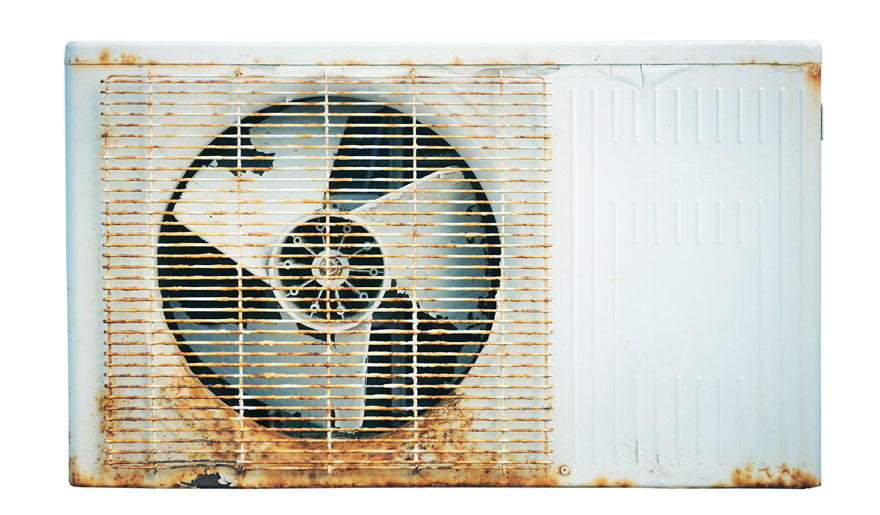Specialist recycling is a requirement set to continue for refrigeration in the short and long term.
In the short term there are millions of "cooling" products currently in use with some of the older stock containing refrigerants that pose a high risk to the ozone layer and the more modern refrigerants harmful to global warming, and that is just the number in the UK alone.
The ongoing phaseouts of various refrigerant classes stimulate research for new alternatives which combine efficiency with reduced harmful effects on the environment.
Over the past four decades, the UK has transitioned from using Chlorofluorocarbons CFCs and Hydrochlorofluorocarbons HCFCs, which had high Ozone Depletion Potential ODP and Global Warming Potential, to HFCs with zero ODP but high GWP.
Now the move is to Hydrofluoroolefins HFOs and natural refrigerants that have both zero ODP and low GWP.
This shift reflects global efforts to mitigate ozone depletion and climate change.
Recycling and Safely Capturing Refrigerants
However the transitions take time.
Manufacturers are forewarned of impending legislation and timetables when identified refrigerant Classes and specific refrigerants will be illegal to use on new products.
The second stage is the restriction/ban of the use of the respective virgin refrigerants to be used to service or repair products.
Typically only reclaimed or recycled quantities of refrigerant may be used.
The mandatory next generation refrigerants may be incompatible with existing cooling appliances being manufactured, so manufacturers may maintain production levels to the expiry date.
In the meantime the transition to the newly approved refrigerant is being implemented.
On each phase out cycle the benefits to reducing environmental harm per quantity of refrigerant used per new product is significant bearing in mind that refrigerants released have a shelf life in the atmosphere measured in years.
The UK Government Schedule:
From 2020: Ban on domestic refrigerators and freezers using HFCs with a GWP of less than or equal to 150
From 2022: Ban on commercial refrigerators and freezers using HFCs with a GWP of less than or equal to 150
From 2025: Ban on single split air-conditioning systems containing less than 3kg of F gases with a GWP of less than or equal to 750
Despite the huge strides forward with Ozone depletion refrigerants being taken out of production, and the GWP factor much lower, refrigerants are still harmful to the environment.
Manufacturers are being "encouraged" to be a point of return for end of life equipment, but this is a clumsy framework still in its infancy.
Degassing and conservation of refrigerants for re-use will continue be a requirement for cooling equipment.
The biggest contributuon to global warming is impacted by "fugitive release" (escape by accident or poor design) in the industry of mining, extraction and then the burning of fossil fuels: coal, oil and gas.
By no small margin is the contribution of livestock farming driving methane volumes produced by sheep and cows.

